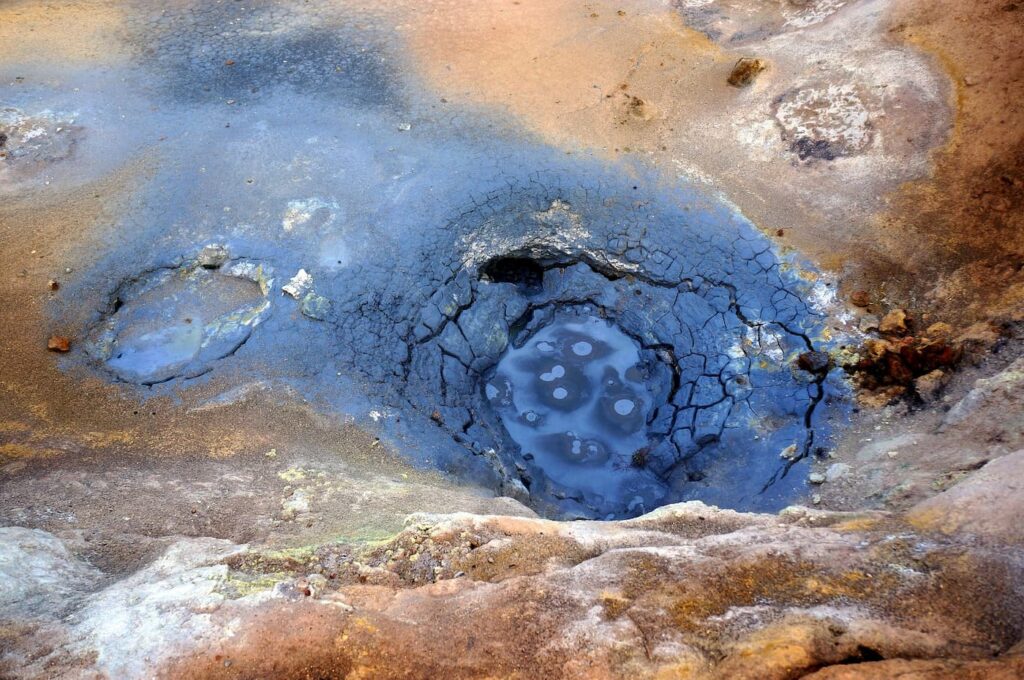In today’s rapidly evolving environmental landscape, geological consultants play a pivotal role in promoting sustainable resource management. As industries strive to minimize their ecological footprint, expert geological insights are critical to balancing resource extraction with environmental stewardship.
Understanding the Impact
Geological consultants contribute to various sectors, including mining, energy, and construction, by providing expert analysis on resource availability, environmental impact assessments, and compliance with regulatory frameworks. Their work ensures that operations align with sustainability goals, reducing waste and optimizing resource use.
Key Responsibilities of Geological Consultants
- Resource Evaluation: Geological consultants assess the quality and quantity of natural resources, enabling industries to make informed decisions about exploration and extraction.
- Environmental Assessments: They conduct thorough environmental impact studies to identify potential risks and recommend mitigation strategies.
- Regulatory Compliance: Ensuring adherence to environmental regulations, geological consultants help businesses avoid legal challenges and maintain ethical operations.
- Recycling and Waste Reduction: They provide strategies to minimize waste during extraction and processing, contributing to a circular economy.
- Geotechnical Studies: Geological consultants perform geotechnical analyses to assess soil stability, groundwater conditions, and potential geological hazards.
- Sustainability Planning: They assist organizations in developing long-term sustainability plans that prioritize resource conservation and environmental protection.
- Hazard Identification: Consultants identify potential geological hazards such as earthquakes, landslides, and subsidence risks, providing mitigation strategies.
- Resource Recovery: They support industries in adopting resource recovery techniques, enhancing sustainability efforts.
The Intersection of Technology and Geology

Advancements in technology are revolutionizing how geological consultants analyze and manage data. With powerful tools for geological modeling, resource estimation, and mine planning, consultants can enhance efficiency, accuracy, and sustainability in their projects. Geographic Information Systems (GIS) and remote sensing technologies enable consultants to visualize and assess geological formations with greater precision. The use of drones and automated sampling techniques further improves efficiency and accuracy in geological surveys.
The Role of Geological Consultants in Climate Change Mitigation
Geological consultants also play a key role in mitigating climate change by identifying sustainable resource extraction methods and supporting the transition to renewable energy sources. They help industries adopt environmentally friendly alternatives, such as carbon capture and storage, and promote the use of low-impact mining techniques. Moreover, they contribute to climate resilience by identifying geological risks such as landslides and erosion that may be exacerbated by climate change. Their expertise in site selection for renewable energy projects, such as geothermal and wind power, is instrumental in reducing carbon footprints.
Why Geological Consultants Are Essential for Recycling Initiatives
The recycling industry greatly benefits from geological expertise, particularly in identifying and utilizing secondary raw materials. By applying geological knowledge to recycling processes, businesses can better understand the composition of materials, improve sorting techniques, and optimize reuse opportunities. Geological consultants help in mapping out landfill sites and assessing the feasibility of extracting valuable minerals from waste streams. Additionally, they provide innovative solutions for reusing mining byproducts in construction and other industries, contributing to a circular economy.
Top Geological Consulting Companies in 2025
As the demand for sustainable resource management grows, several geological consulting companies have emerged as industry leaders. These companies are recognized for their expertise, technological advancements, and commitment to environmental sustainability. The top geological consulting firms in 2025 include:
- K-MINE: A global leader in geological consulting, K-MINE provides comprehensive consulting services in mining, environmental assessments, and resource management. With a strong focus on sustainability, K-MINE helps industries optimize operations while minimizing environmental impact.
- SRK Consulting: Known for their global presence and multidisciplinary expertise, SRK Consulting provides innovative solutions across mining, water management, and environmental sustainability.
- Golder Associates: With a strong reputation for environmental and engineering consulting, Golder Associates focuses on delivering practical and sustainable solutions for natural resource challenges.
- ERM (Environmental Resources Management): ERM specializes in helping businesses achieve their sustainability goals through expert geological assessments and regulatory compliance support.
- Hatch: A global leader in engineering and consulting, Hatch provides services that drive innovation in mining, energy, and infrastructure projects.
Challenges Faced by Geological Consultants in Sustainability Efforts

Despite their crucial role, geological consultants face several challenges, including:
- Data Accuracy: Ensuring precise data collection and interpretation to make informed decisions.
- Regulatory Complexity: Adapting to ever-changing environmental regulations across different regions.
- Stakeholder Expectations: Balancing economic goals with environmental responsibility to meet industry and public demands.
- Resource Depletion: Addressing concerns about the long-term availability of natural resources.
- Technological Integration: Staying up to date with the latest technological advancements and incorporating them effectively into their practice.
- Sustainability Reporting: Helping businesses align their sustainability efforts with global standards and frameworks.
- Public Perception: Overcoming negative perceptions associated with resource extraction and demonstrating commitment to environmental sustainability.
Future of Geological Consulting in Sustainable Practices
As global sustainability trends continue to evolve, geological consultants will increasingly focus on:
- Integration of Artificial Intelligence: Leveraging AI to analyze geological data and predict resource availability more accurately.
- Circular Economy Initiatives: Encouraging industries to embrace recycling and sustainable material management.
- Collaboration with Environmental Scientists: Working alongside experts from diverse disciplines to develop holistic solutions.
- Public Awareness and Education: Engaging with communities to raise awareness about sustainable resource management and the importance of responsible mining.
- Green Infrastructure Planning: Assisting governments and urban planners in designing sustainable cities that utilize natural resources efficiently.
- Biodiversity Conservation: Helping industries minimize their impact on ecosystems through strategic planning and habitat restoration efforts.
- Sustainable Urban Development: Advising on the use of eco-friendly materials in urban infrastructure projects.
Conclusion
As industries increasingly prioritize sustainability, the expertise of geological consultants becomes indispensable. By leveraging advanced tools and methodologies, businesses can achieve their sustainability goals while ensuring resource efficiency and environmental responsibility. Whether it’s through impact assessments, resource optimization, or policy development, geological consultants remain key players in shaping a greener future.
For more information on how geological consulting can support sustainable resource management, explore various solutions available in the industry.